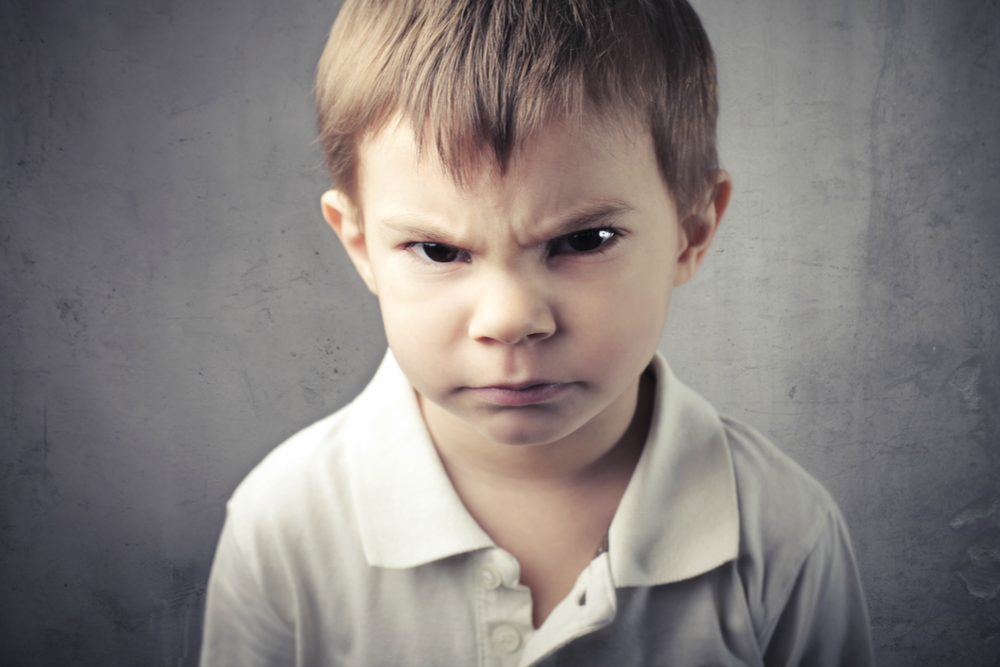Anger is neither good nor bad; it’s just a normal feeling. How we express our anger is what is most critical. It is an important emotion and can actually be helpful in creating motivation. It can also be dangerous when expressed in an unhealthy way and can lead to bad decisions.
You’ve probably heard ideas like telling your child to “count to ten” or “go scream in a pillow”. These are neither practical nor helpful strategies, so here are a few ideas that will help you and your child both manage and express anger is a healthy productive way.
How to Help Kids Deal With Anger
Acknowledge and validate.
For your child’s emotional health it is essential that they process their anger, otherwise it will keep recycling and resurfacing. They won’t be able to move past the emotion. To do this, simply acknowledge them by reflecting back what it is they are saying or paraphrasing. You can also empathize by sharing what you are noticing and saying something like, “Wow, you sound
frustrated” or “You look angry”. Telling your child how they feel, “You are really angry” is not as helpful, because when you tell them how they are feeling it can often contribute to a power struggle. And, nobody likes to be told how they are feeling!
Skill build through mindfulness practice.
Mindfulness practice can help your child to identify their emotional state and learn strategies to regulate their strong emotions. Practicing mindfulness on a regular basis will encourage a healthy expression of emotion because your child will not only be able to recognize their emotions, but they will have a strategy to express it in a safe healthy way. The Mind Yeti sessions, such as Cool The Volcano and Your Wise Friend, guide children through a visual so they can learn to recognize and label exactly how they are feeling. These sessions then provide a clear specific strategy to respond when those feelings arise. Both sessions normalize big emotions and reinforce that using their learned strategies will not only help them to feel calmer, but also help them to connect to those around them and make better choices.
Be a teacher, not a preacher.
Practicing breathing with your child can help them to access this skill when it is needed. Giving the direction “take some deep breaths” in the moments when they are already angry may just escalate your child’s emotional state because you are not only telling them what to do, but they may feel frustrated because they are not exactly sure how to do it. Try practicing together during moments of calm, using the visual of blowing on hot soup or hot cocoa. This practice will also provide your child with a visual trigger when they are in need of some calming breaths.
A final word.
Using these strategies will not only strengthen your child’s emotional awareness and ability to regulate, but can also strengthen your relationship with your child. These teaching moments are opportunities for building intimacy, as well as mutual trust and respect. Just remember that your modeling is the greatest teacher and will have the greatest influence on your child adopting these practices.
WANT THESE TIPS HANDY WHEN YOU NEED THEM?
Download my top 3 tips for helping kids cool down here!
About the Author: Melissa Benaroya
 Melissa Benaroya, LICSW, is a Seattle-based parent coach, speaker and author in the Seattle area (MelissaBenaroya.com). She created the Childproof Parenting online course and is the co-founder of GROW Parenting and Mommy Matters, and the co-author of The Childproof Parent. Melissa provides parents with the tools and support they need to raise healthy children and find more joy in parenting. Melissa offers parent coaching and classes and frequently speaks at area schools and businesses. Check out Melissa’s blog for more great tips on common parenting issues and Facebook for the latest news in parent education.
Melissa Benaroya, LICSW, is a Seattle-based parent coach, speaker and author in the Seattle area (MelissaBenaroya.com). She created the Childproof Parenting online course and is the co-founder of GROW Parenting and Mommy Matters, and the co-author of The Childproof Parent. Melissa provides parents with the tools and support they need to raise healthy children and find more joy in parenting. Melissa offers parent coaching and classes and frequently speaks at area schools and businesses. Check out Melissa’s blog for more great tips on common parenting issues and Facebook for the latest news in parent education.





